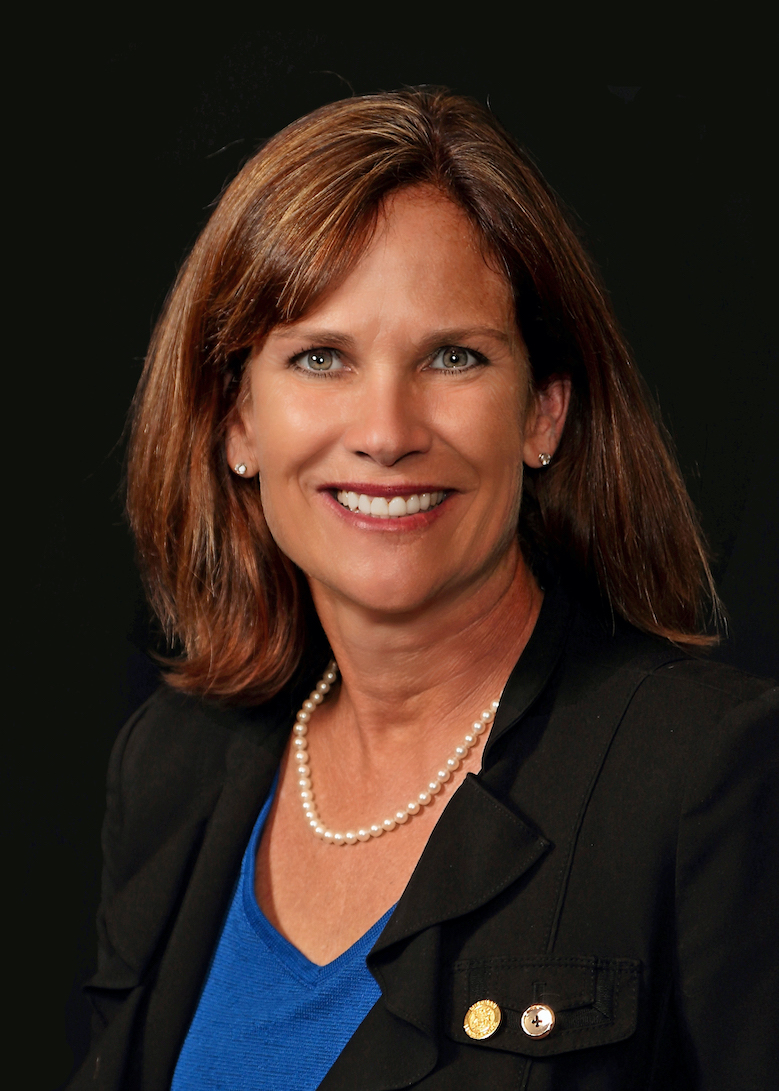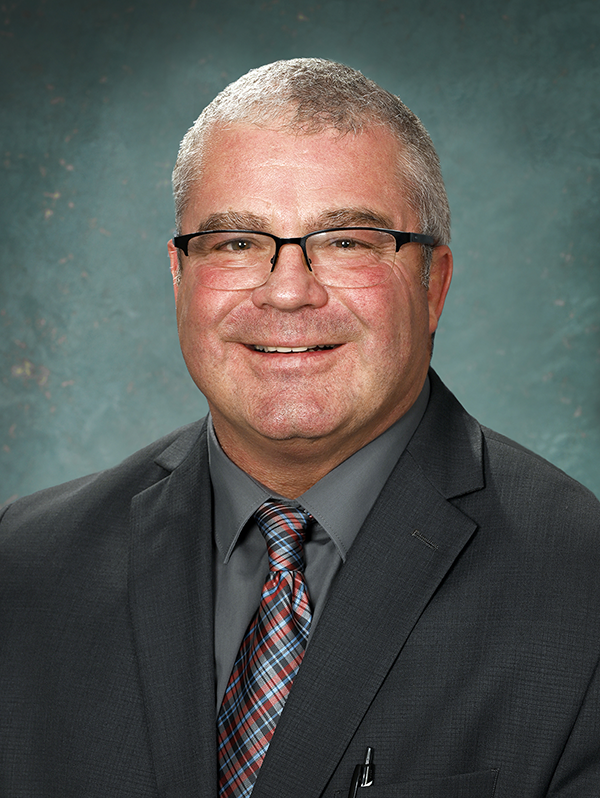College of Nursing receives state funding to prepare more psychiatric nurse practitioners, expand access to mental health care in Michigan

The Wayne State University College of Nursing recently received $1.6 million from the Michigan Department of Health and Human Services (MDHHS) for a four-year pilot program to increase the number of advanced practice psychiatric-mental health nurse practitioners in the state, expanding access to mental health services in Michigan’s underserved communities.
The funding was specifically allocated to the College of Nursing as a line item in the state’s fiscal year 2022 budget and will be used to educate 32 additional advanced practice psychiatric-mental health nurse practitioners over the next four years through the college’s graduate specialty program. Students supported by the state funds must commit to practicing in a medically underserved community in Michigan for two years after completing their degree. The money will also support stipends for students and additional faculty required to expand the number of seats in the program.


The budget item was championed in the state legislature by Rep. Mary Whiteford and Sen. Rick Outman, the house and senate chairs of the Health and Human Services Appropriations Subcommittee. Whiteford — a former pediatric nurse — has been passionate about addressing Michigan’s mental health needs, which have been exacerbated by the COVID-19 pandemic.
“This was a chance for the college to go to the legislature and say, ‘We are ready to take on this challenge. We can help address this critical lack of mental health care providers at a time of exceptional need,’” said Monika Miner, director of external affairs for the College of Nursing and a key part of the college’s lobbying efforts. “Rep. Whiteford and Sen. Outman believed in us; they know we are in a great position to do this the right way.”
Wayne State’s Psychiatric-Mental Health Nurse Practitioner (PMHNP) program is one of the oldest graduate specialty programs of its kind in the country and the only program in Michigan to offer both master of science in nursing and doctor of nursing practice degrees.
“We are well positioned for this important work because we are a leader in advanced practice nursing education with a mission that’s rooted in addressing health disparities and caring for underserved communities,” said Laurie Lauzon Clabo, PhD, RN, FAAN, dean of the WSU College of Nursing. “Preparing psychiatric-mental health nurse practitioners is key to the health of our community. We’re grateful for this opportunity, and we know the training these students receive at our college will improve the health and well-being of individuals, families and communities across the state.”
MDHHS support can help experienced providers with a passion for psychiatric nursing overcome the financial obstacles that often prevent them from pursuing advanced degrees.

“There are highly qualified nurses who simply would not be able to continue their education without this funding,” said Assistant Clinical Professor Umeika Stephens, DNP, PMHNP-BC, FNP-BC, graduate specialty coordinator for the PMHNP program. “These are experienced psychiatric clinicians who will now be willing to take that next step and become exceptional nurse practitioners — those are the kind of providers we want to capitalize on this opportunity.”
Michigan’s rural communities face some of the toughest challenges accessing mental health care. A Wayne State nursing education, with its enhanced focus on health equity and the needs of urban populations, can prove invaluable for graduates who go on to practice in rural regions.
“Many of the challenges urban communities face are mirrored in rural communities as well,” Stephens said. “Nobody is more resourceful than the nurse working at the neighborhood clinic in Detroit or the small farming community in the middle of the state. They are very resource-restricted environments that share many of the same issues.”
As Stephens explains, the College of Nursing has a strong history of producing expert psychiatric-mental health nurse practitioners who stay in the state after graduation.
“If I go anywhere in the state of Michigan and meet a psych NP, there’s a good chance they graduated from our program,” she said. “These are not nurses who get their degrees and go somewhere else; they stay here to care for the people of Michigan.”
The first cohort of PMHNP students supported by MDHHS funding will enter the program in winter 2022. Nurses throughout the state with a passion for psychiatric-mental health nursing and a desire to practice in underserved communities are encouraged to apply.